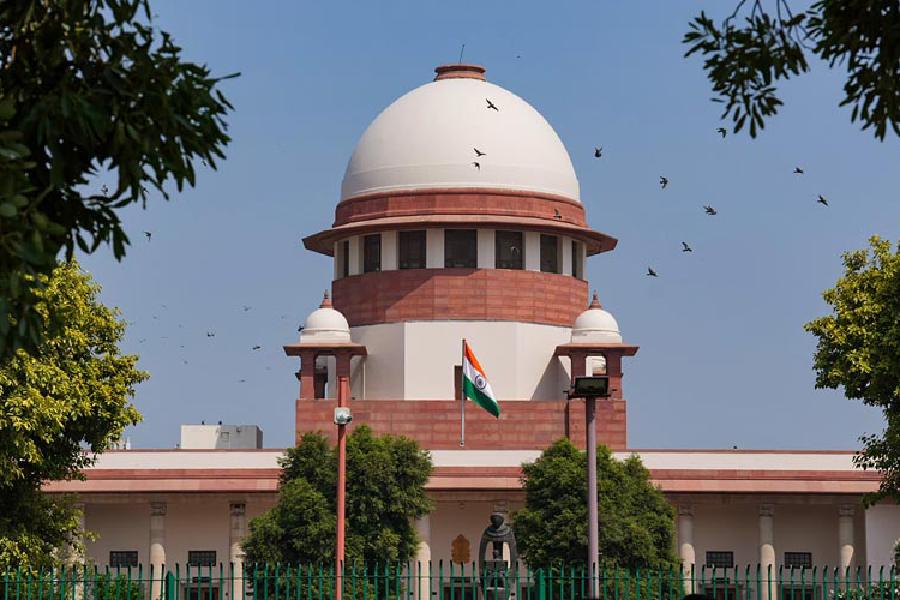The five-member Supreme Court collegium on Friday recommended the elevation of Karnataka High Court chief justice Prasanna B. Varale as the top court judge while laying particular emphasis on his Dalit identity.
“While recommending his name, the collegium has taken into consideration the fact that among the high court judges, he is the senior-most judge belonging to a Scheduled Caste and the only chief justice belonging to a Scheduled Caste among the chief justices of high courts across the country. We are also conscious of the fact that at present, there are three judges from the High Court of Bombay on the bench of the Supreme Court.
"The collegium, therefore, unanimously resolves to recommend that Justice Prasanna B. Varale be appointed as a judge of the Supreme Court of India,” the collegium comprising Chief Justice of India D.Y. Chandrachud and Justices Sanjiv Khanna, B.R. Gavai, Surya Kant and Aniruddha Bose said in an official resolution.
Currently, the Supreme Court has only one Dalit judge — Justice B.R. Gavai — who is the third seniormost member of the collegium. He will become the Chief Justice of India on May 14, 2025 and will hold the post till November 23, 2025.
There are no constitutional or statutory rules prescribed for the reservation of any judicial appointments in the Supreme Court or high courts. The appointment is strictly based on merit-cum-seniority besides other factors such as personal integrity and judicial competence among others.
However, some members of Parliament and political parties have been demanding the inclusion of more women and members of the socially disadvantaged castes to be adequately represented in the higher judiciary like the high courts and the Supreme Court. The collegium’s decision should be seen in this backdrop.
The collegium took note of the vacancy that arose in the Supreme Court with the retirement of Justice Sanjay Kishan Kaul on December 25, 2023.
“Bearing in mind that the workload of judges has increased considerably, it has become necessary to ensure that the court has full working judge-strength at all times. The collegium has, therefore, decided to fill up the sole existing vacancy by recommending a name,” it said.
Justice Varale was appointed as a judge of the High Court of Bombay on July 18, 2008. He was elevated as the chief justice of the High Court of Karnataka on October 15, 2022.
According to the collegium, Justice Varale acquired considerable experience as a judge of the High Court of Bombay and as the chief justice of the High Court of Karnataka.
“The judgments authored by him deal with a variety of issues in every field of law. He is a competent judge with unimpeachable conduct and integrity and has throughout maintained a high standard of professional ethics.
“Before his elevation as a Judge of the High Court, he practised at the Bar for over 23 years in civil, criminal, labour and administrative law matters in District and Sessions Court and in Constitutional matters at the High Court Bench at Aurangabad. Justice Varale stands at Sl No.6 in the combined all-India seniority of High Court judges,” the collegium said.











